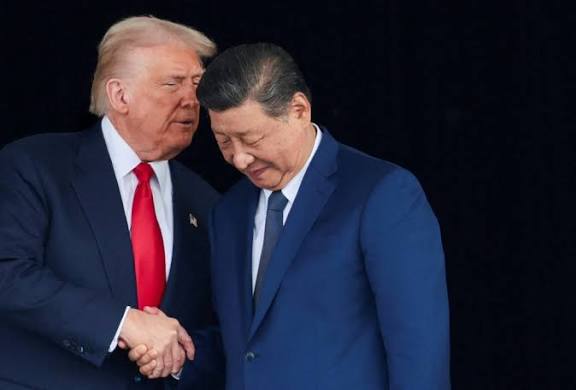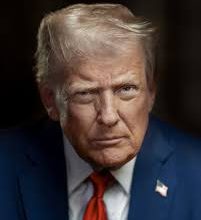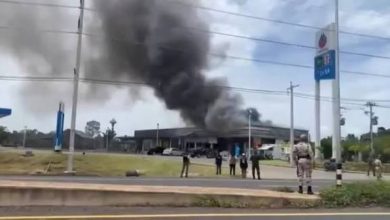Trump Orders Pentagon to Resume Nuclear Weapons Testing “Immediately”

By Passman Akpos
In a stunning reversal of long-standing U.S. policy, President Donald Trump has directed the Pentagon to immediately resume testing nuclear weapons, minutes before a scheduled meeting with China’s President Xi Jinping.
⏱ The Announcement
While en route to meet Xi in Busan, South Korea, Trump posted on Truth Social:
> “Because of other countries’ testing programs, I have instructed the Department of War to start testing our Nuclear Weapons on an equal basis. That process will begin immediately.”
He made the remarks as Marine One hovered above his destination, and walked into the Xi meeting just moments later.
What This Means: Policy Shift & Global Repercussions
A Break With 30+ Years of Moratorium
The United States has not conducted an explosive nuclear weapon test since 1992, in a policy widely viewed as a voluntary moratorium. Trump’s order signals a dramatic departure from that practice and the decades-long restraint upheld by successive administrations.
Legal, Technical, and Strategic Ambiguities
It remains unclear whether Trump means explosive underground testing, subcritical experiments, or other forms of weapons validation.
The U.S. Department of Energy / National Nuclear Security Administration currently manages nuclear test capabilities—not the Pentagon (or “Department of War”).
Experts warn that resuming actual detonations would require years of preparation and rebuilding of infrastructure.
Some critics say this move could unravel arms control treaties and incite a fresh arms race.
International Backlash & Escalation Risks
Russia responded sharply, framing Trump’s directive as the dawn of “a new era of unpredictability.”
China’s Foreign Ministry urged the U.S. to respect its commitments to the moratorium and uphold “global strategic balance.”
The Comprehensive Nuclear-Test-Ban Treaty Organization (CTBTO) warned any explosive test would damage non-proliferation efforts and global stability.
The Meeting With Xi & Diplomatic Tensions
The timing of the announcement—just before Trump met Xi—dramatically overshadowed what was expected to be a high-stakes trade summit.
In that meeting, the topic of nuclear policy reportedly took center stage amid already strained U.S.–China relations. Some observers suggest the move was tactical: setting a tone of strength before diplomacy.
What’s Next
Clarification and implementation: Officials must define what “testing” means in this context and how it would proceed.
Congressional and legal checks: Legislators, advocates, and courts may challenge or halt parts of the policy.
Global ripple effects: Russia, China, and others may react with their own escalations or renewed testing.
Arms control regime strain: Global treaties, verification mechanisms, and nonproliferation norms may be under renewed stress.





